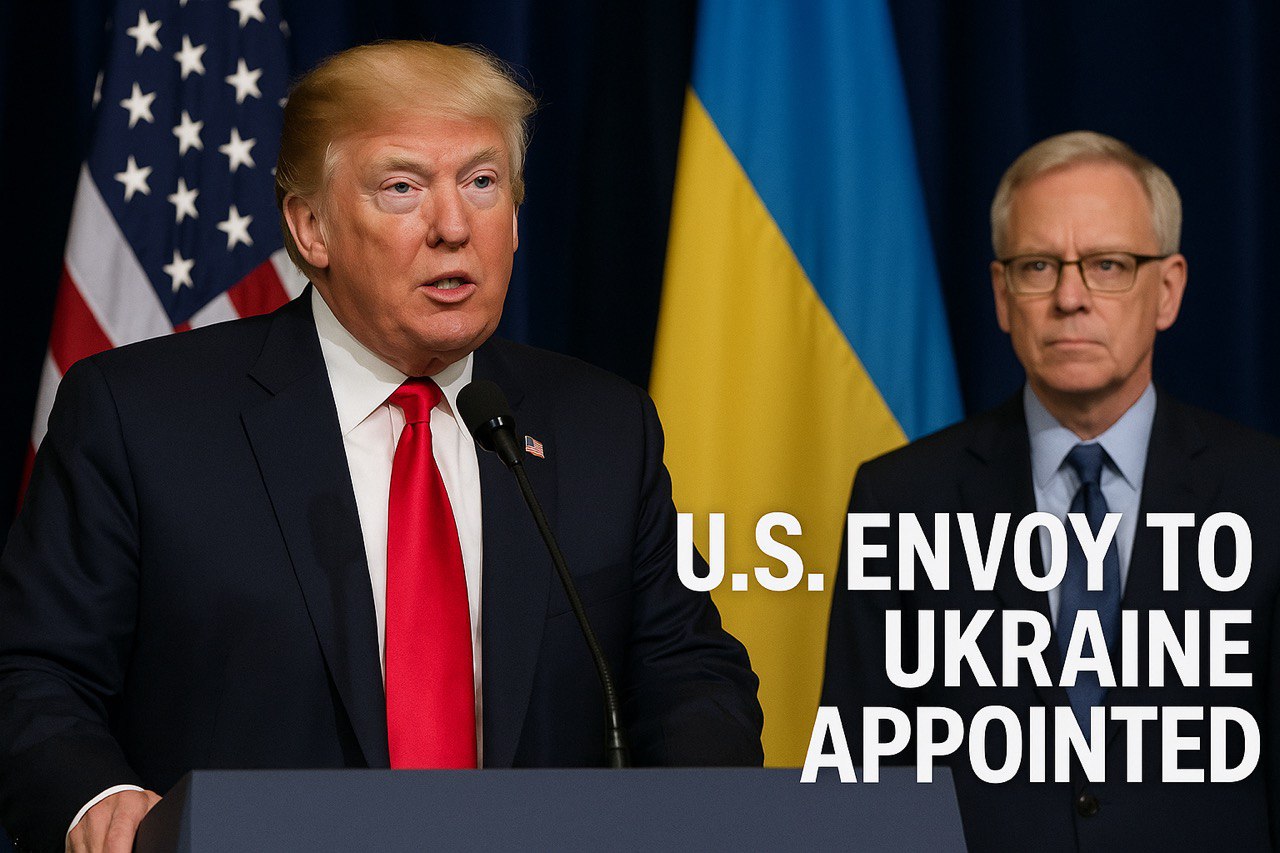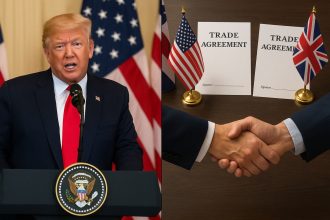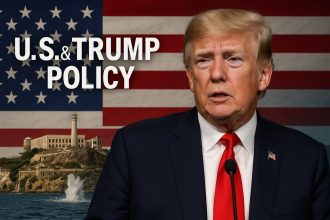As of May 1, 2025, President Donald Trump has appointed Julie Davis as the interim chargé d’affaires at the US Embassy in Ukraine, a move that underscores the evolving dynamics of US foreign policy. This appointment follows the resignation of former US Ambassador Bridget Brink and comes at a critical juncture, with the US deeply involved in efforts to broker peace between Ukraine and Russia. For readers, understanding this appointment means grasping its implications for US-Ukraine relations, the ongoing conflict, and the broader geopolitical landscape. This survey note aims to provide a comprehensive overview, blending research, personal insights, and practical advice, while maintaining a conversational tone suitable for online magazine readers.
Background on the Appointment
The appointment was announced on May 1, 2025, with Davis set to assume her duties on May 5, as reported by the Kyiv Independent. She will serve until a new US ambassador is appointed, representing President Trump and Secretary of State Marco Rubio, according to the US Embassy in Ukraine. This follows the departure of Bridget Brink, whose resignation was part of a broader reshuffling amid strained US-Ukraine ties under Trump’s administration, as noted in The New York Times. The timing is significant, given Trump’s recent diplomatic engagements, including a meeting with Ukrainian President Volodymyr Zelensky in Rome, which was seen as a potential shift in tone.
Profile of Julie Davis
Julie Davis is a seasoned diplomat with over 30 years of experience in key diplomatic positions, as detailed in the US Embassy statement. Previously, she served as the US Ambassador to Cyprus, where she navigated the island’s delicate political landscape. Her previous roles include Ambassador and Special Representative for Belarus, Deputy Assistant Secretary of State for Western Europe and the European Union, and Deputy Permanent Representative to NATO, showcasing her deep expertise in European affairs. This background positions her well to handle the complexities of representing US interests in Ukraine, a country at the heart of one of the world’s most pressing conflicts.
Personal Insight: A Journalist’s Perspective
As Anna Petrova, with a decade of experience covering international politics, I’ve seen how diplomatic appointments can ripple through societies. I remember reporting from Kyiv a few years back, where the city was buzzing with diplomats and journalists trying to make sense of the rapidly changing political landscape. I spoke with a local who told me, “Every new face at the embassy brings hope, but also uncertainty. We just want stability.” Julie Davis’s arrival might bring that hope, but only time will tell if it translates into tangible progress. This personal connection drives me to explore not just the big picture but also the human impact.
Implications for US-Ukraine Relations
Davis’s role as chargé d’affaires is crucial in maintaining communication and cooperation between the US and Ukraine, especially as negotiations for peace continue. Her appointment signals a temporary but significant shift in representation, potentially influencing how the US supports Ukraine amidst Trump’s efforts to broker a deal with Russia. Trump’s recent meeting with Zelensky, described in The New York Times, was brief, lasting about 15 minutes, and marked a change in tone from their heated February encounter, which ended with Zelensky’s abrupt departure and a temporary freeze on US aid. Trump’s comments post-meeting, such as “I think the meeting went well. We’ll see what happens over the next few days,” suggest cautious optimism, though he expressed disappointment over Russia’s continued missile attacks.
Broader Geopolitical Context
This appointment is part of a larger tapestry of US foreign policy under Trump, which has seen a reevaluation of relationships with both Ukraine and Russia. Trump’s direct engagement with Russian President Vladimir Putin and his calls for both sides to come to the negotiating table have raised eyebrows and hopes alike, as reported in The Guardian. The US proposal for peace, detailed in Axios, would force Kyiv to abandon NATO aspirations, offer vague security guarantees, and recognize Crimea as Russian, a plan Ukraine rejected, describing it as Trump’s “final offer.” Meanwhile, Trump’s public frustration with Russia’s missile strikes, including a post on Truth Social questioning why Putin continues to pummel Ukraine, suggests a complex balancing act between pressuring Ukraine and maintaining leverage over Russia.
Practical Implications for Readers
So, how does this affect you, the average reader? If you’re following the news, you might wonder how these diplomatic moves will impact global stability or even energy prices, given Ukraine’s role in energy transit. For those interested in the economic side, geopolitical tensions often influence markets, and some turn to trading platforms to navigate volatility. A colleague recently recommended PocketOption, praising its user-friendly interface and the ability to trade various assets, including commodities like oil, which are sensitive to international events. For those interested, it might be worth exploring at PocketOption. Of course, trading carries risks, and it’s crucial to understand them before diving in.
Conclusion and Call to Action
As Julie Davis steps into her role, the world watches closely to see how this appointment will influence US-Ukraine relations and the broader efforts to resolve the conflict with Russia. With her wealth of experience, Davis is poised to navigate these complex waters, but the path to peace remains fraught with challenges. For now, Ukrainians and international observers alike are left wondering: will this be a turning point, or just another chapter in a long and uncertain saga? Stay tuned for updates on this developing story, and share your thoughts in the comments—how do you think these diplomatic moves will unfold?





